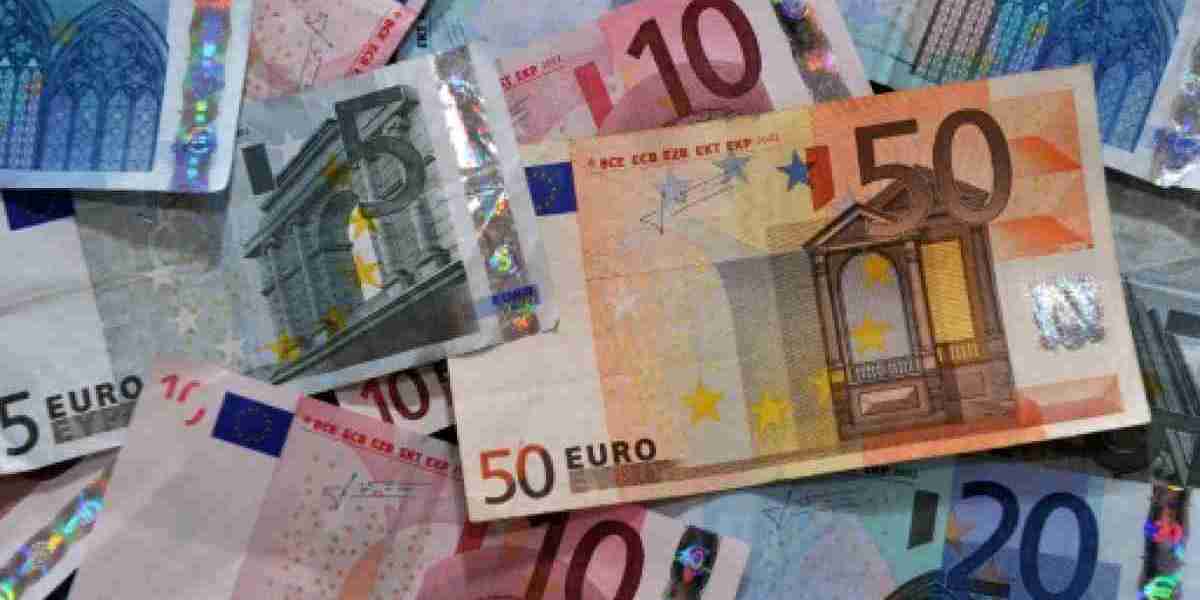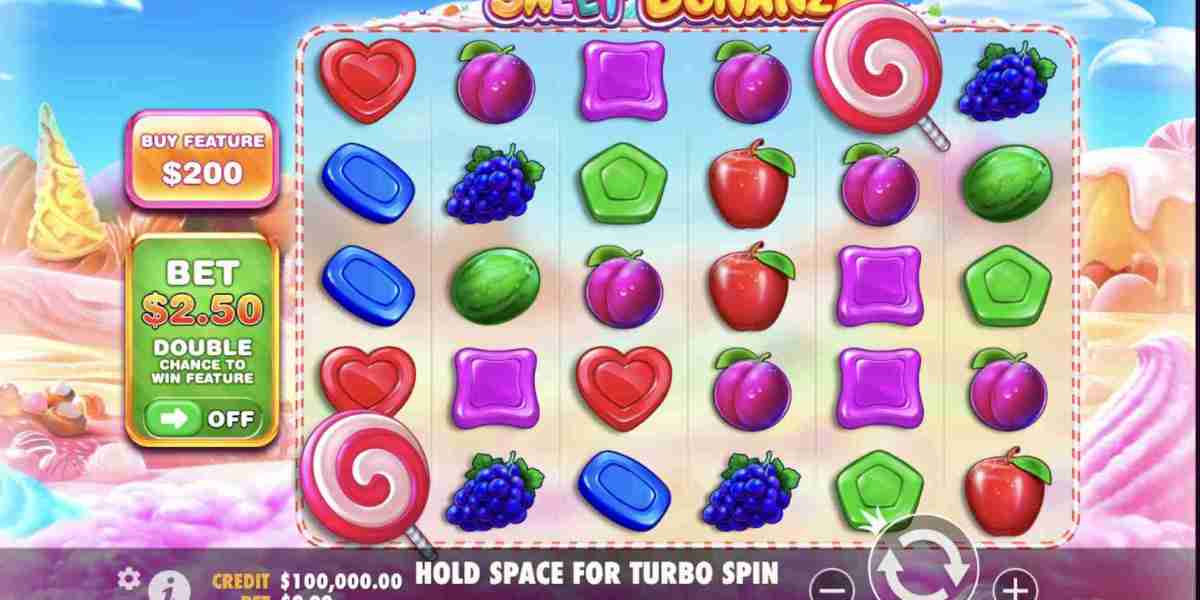Understanding the Process of Buying Real Money: A Comprehensive Guide
In a significantly digital world, the idea of "real money" has progressed, causing a complex web of monetary deals that encompasses both conventional currency and digital kinds. Buying real money refers to the conversion of virtual or digital assets into real currency that can facilitate transactions in daily life. This post digs into the numerous techniques, benefits, obstacles, and often asked concerns concerning the purchase of real money.
The Nature of Money in a Digital Era
Historically, money has actually been specified as a medium of exchange, an unit of account, and a shop of value. With the development of cryptocurrency, online banking, and digital payment systems, the landscape of financing has actually expanded. Here are some bottom lines regarding the advancement of money:
- Physical Currency: Traditional banknotes and coins used in daily deals.
- Digital Currency: Money that is stored and negotiated electronically, including bank balances and digital wallets.
- Cryptocurrency: A decentralized type of digital money secured by cryptography, with Bitcoin and Ethereum being the most acknowledged examples.
Understanding these distinctions is vital when thinking about purchasing real money, as different forms of money featured their own procedures, dangers, and advantages.
Why Buy Real Money?
Getting real money generally comes from different requirements and scenarios. The factors can consist of:
- Investments: Many individuals are attracted to cryptocurrencies and other digital currencies as potential financial investment lorries.
- Global Transactions: Businesses and individuals might buy foreign currency (like Euros, Pounds, etc) to facilitate global trade or travel.
- Emergency situation Funds: Having cash or concrete assets in the kind of currency ensures monetary security throughout unsure times, such as economic slumps.
- Convenience: Digital deals have made it simpler for people to engage in commerce without carrying physical money.
How to Buy Real Money
The process of buying real money varies based on its type. Listed below we simplify into common categories:
1. Traditional Currency
To buy conventional currency, you usually need:
- A Bank Account: Most deals require having a bank account for ease of transfer and security.
- Currency Exchange Services: You can utilize banks, exchange bureaus, echte banknoten bestellen (Nahimajobs explains) or Online Currency Exchange platforms.
- Recognition: Often, you need to supply recognition or evidence of home when transforming big sums.
2. Digital Currency
For getting digital currency, follow these steps:
a. Choose a Cryptocurrency Exchange
- Research Exchange Platforms: Popular platforms include Coinbase, Binance, and Kraken.
- Inspect Fees and Security: Understand trading charges and security procedures to ensure your funds are safe.
b. Create an Account
- Registration Process: Complete the registration procedure, ensuring you provide precise individual info.
- KYC Compliance: These exchanges may have Know Your Customer (KYC) requirements, requesting identification documents.
c. Link Payment Methods
- Deposit Funds: You can connect your checking account or debit/credit card to deposit funds on the exchange.
- Buying Process: Follow the directions on the platform to purchase your preferred cryptocurrency.
3. Digital Wallets
To buy money kept in a digital wallet:
- Core Wallet Options: Choose between a hot wallet (linked to the web) or a cold wallet (offline).
- Transfer Funds: Use these wallets to send or receive money from numerous sources.
Benefits of Buying Real Money
Buying real money uses various benefits, including:

- Liquidity: Cash can be quickly utilized for transactions, guaranteeing you have access to funds when needed.
- Stability: Traditional currencies are relatively stable compared to unstable cryptocurrencies.
- Ease of access: Digital payment systems make moving money throughout borders much easier and faster than traditional banking methods.
Obstacles in Buying Real Money
Despite its advantages, a number of obstacles exist:
- Volatility: Cryptocurrencies are infamously unpredictable, raising the risk for investors.
- Costs: Currency exchanges and transactions might incur various charges, decreasing overall profitability.
- Legal Regulations: Different jurisdictions have special guidelines concerning currency transactions and taxes, making compliance essential.
Frequently Asked Questions about Buying Real Money
1. Is it safe to buy cryptocurrency?
While purchasing cryptocurrency is considered safe when done through reputable exchanges, threats such as market volatility and cybersecurity threats exist. Users ought to enable two-factor authentication and never ever share sensitive info.
2. What are the main threats associated with acquiring foreign currency?
Dangers include changes in currency exchange rate, economic instability in the currency's country, and potential scams or scams in the exchange procedure.
3. Can I buy real money with a credit card?
Yes, lots of online exchanges permit charge card purchases for cryptocurrencies or traditional money, however know possible high costs.
4. How do I ensure I'm getting a fair currency exchange rate?
Always compare rates from various exchanges or organizations, and think about utilizing a currency converter to assess present market rates easily.
5. Are deals and purchases traceable?
Yes, the majority of deals, particularly digital currency purchases, are tape-recorded on a blockchain or through monetary organizations, although some cryptocurrencies provide features meant to improve personal privacy.
Purchasing real money encompasses a complex network of financial deals that reflect the advancement of money itself. With the growth of digital transactions and currencies, it is vital for consumers and financiers to be notified concerning the numerous techniques, advantages, and potential risks associated with the procedure. As the monetary landscape continues to develop, understanding the nuances of money will be significantly helpful for making sound investment and spending decisions. By browsing this intricate environment with awareness and care, people can handle their financial resources proactively and safely.








